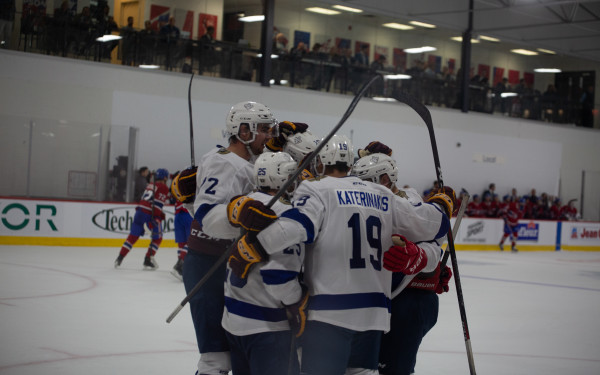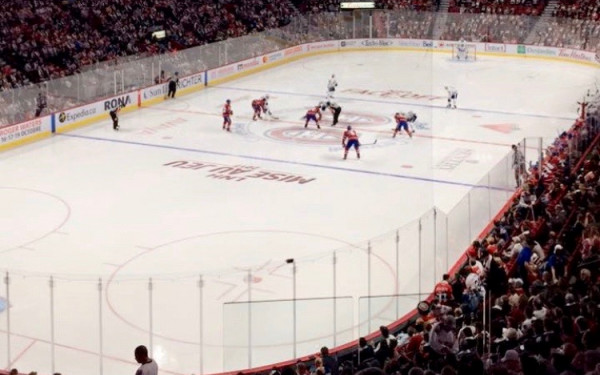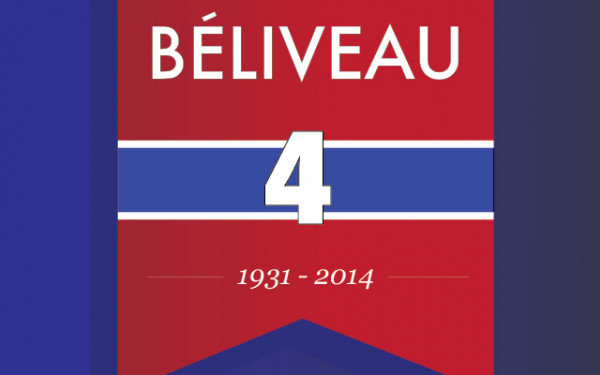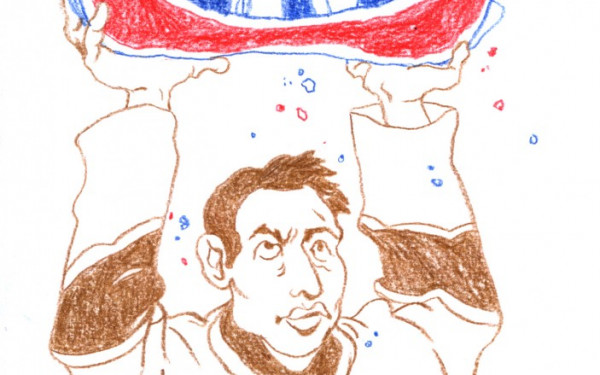We Can Either Be Good, or We Can Be French
Canadiens Need to Choose Between Winning and Representing Quebecois Identity
I was eight years old when I watched Patrick Roy take a victory lap with a large silver bowl hoisted over his head.
Being a young kid who was just beginning to appreciate hockey and, by extension, the Montreal Canadiens, I assumed that this was the kind of thing that happened a lot. The Habs winning the Cup didn’t seem extraordinary. Eight-year old logic dictated that since this happened once, it was bound to happen again fairly soon.
That was almost 19 years ago. The hockey fans among you, especially the Montrealers, know my agony.
Unfortunately, winning another Stanley Cup isn’t the only goal for my team. From what I can tell, there are three distinct things that they have to accomplish—and being champions is the third most important.
Besides winning, the Habs, like all other sports franchises, have to turn a profit. The Montreal Canadiens are a business, fuelled by ticket sales, merchandise, television revenues, etc.
And they’re good at it.
Forbes Magazine has estimated the team’s value at $445 million, third in the National Hockey League. As a business, it would be hard to argue that the Habs are not meeting their goals.
But the Canadiens have another unique responsibility that is rare in organized sports: they represent an entire national identity. Or so I’m told by the media narrative surrounding the weeks-old controversy regarding the hiring of Randy Cunneyworth as the head coach of the team.
For those of you not from Montreal or who simply have their heads in the sand when it comes to puck-related matters, Cunneyworth, an assistant coach, was promoted following the firing of Francophone head coach Jacques Martin on Dec. 17.
He is the first unilingual Anglophone coach in Montreal since Bob Berry in the early ‘80s. It should be noted that the two most winning coaches in Canadiens history (and arguably the two best coaches of all time), Scotty Bowman and Hector “Toe” Blake, were both Anglophones by birth, though both spoke French as well.
After the hiring, a public outcry erupted. As the coach does almost daily media interviews, it was put forth that Cunneyworth would be unable to communicate with the French media and thus, unable to communicate with the vast majority of Quebecers in their native tongue.
This exploded into more hyperbole, with noted sports columnist Rejean Tremblay saying that the Habs have made a habit of “eradicating” French talent, both in the coaching staff and on the ice, in order to more easily control the team’s image in the media.
The rage culminated in a protest outside the Bell Centre on Jan. 7 before a game against the Tampa Bay Lightning. Several hundred people handed out Quebec flags and demanded that the team fire Cunneyworth, sign more French-Canadian players (the notion that those players have to want to play here seems to be foreign to these people), start making goal and penalty announcements only in French, and stop playing English music during breaks.
I’d actually be okay with that last part if it means I never have to hear Nickelback at a Habs game ever again.
Almost no coverage was given to another pressing issue: Is this the best guy to restore the Habs to their winning ways?
As an Anglophone Montrealer, I understand the role the Canadiens have in the provincial psyche. I’ve seen The Rocket. I know the role of the Richard Riot in inspiring the Quiet Revolution. And I also know that the Habs would not have that kind of presence in the collective consciousness if they weren’t the best hockey team of all time. But those days of yearly championships are long gone, and now hockey in Montreal is at a crossroads.
We can either be good, or we can be French. Given that the French-Canadian superstars are staying away due to a combination of high pressure and higher taxes, being both is no longer really an option. Consider the case of Daniel Brière, who signed in Philadelphia for considerably less money than he was offered in Montreal, all for the honor of playing in the city of Brotherly Love (and for the team of Brotherly Douchebags), rather than his home province.
The Molson family has three goals to meet. It’s a given that they’re going to make money, so now they have to decide what’s more important: culture or winning.
As they’re businessmen, let me put it this way: what will draw more money from the fans: a Stanley Cup, or French identity? I’d like to say winning brings in the fans, but given what Cunneyworth has been put through, despite a lengthy record of winning in professional hockey (though not at the head coach of an NHL team level), I’m not sure anymore.
It’s hard to be the face of a nation. It’s harder still to be a consistent championship team. Being both may be impossible. I just hope they let me know what the plan is, so I don’t hold my breath waiting for Carey Price to skate across the ice with that sacred chalice over his head, as I remember watching another goalie do almost two decades ago.

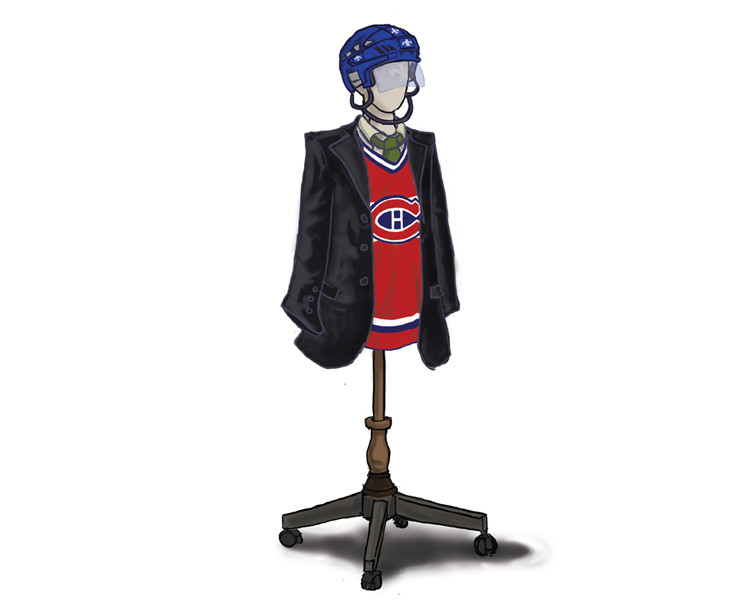
_600_832_s.png)

